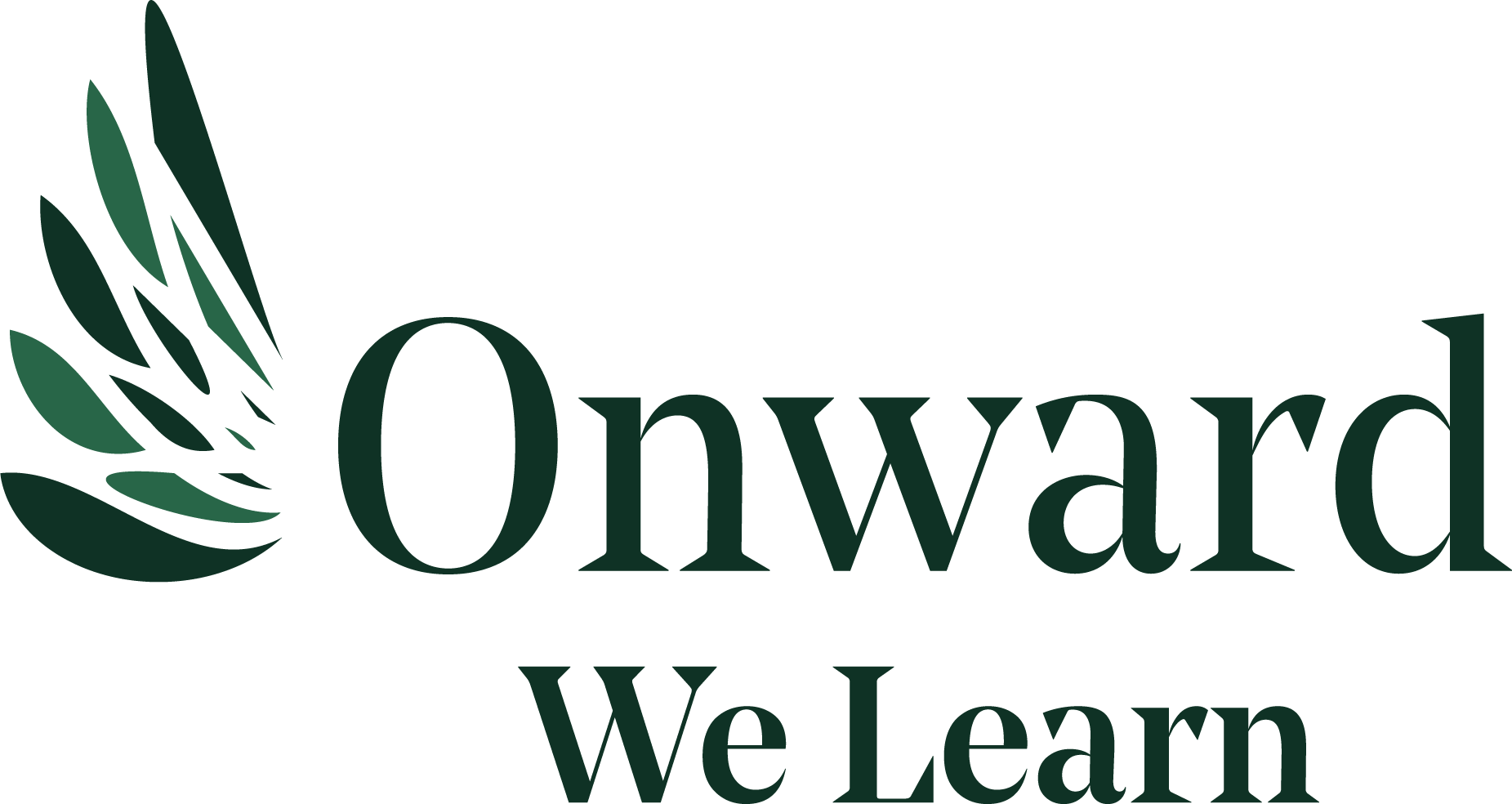
The week of March 9, Jordan Day was traveling to a policy roundtable discussion in Washington, D.C., to talk about connecting children to nature. “And within two days, we decided to close facilities,” she said.
Day, senior deputy chief operating officer for the city of Providence, turned to her calendar to jog her memory of that week before the city closed its buildings on March 13. Before that, she was routinely in five or six in-person meetings a day in her role overseeing and supporting the execution of capital projects such as road improvements, playground upgrades, school renovations and more.
“Things are much different now as we continue to take precautions to protect our staff and residents. Depending on the day of the week, I am working remotely now while also coming into the office some days of the week with a limited pool of colleagues,” she said. “We are only conducting digital meetings or conference calls and we are always considering how the pandemic impacts the work, even if it’s not directly related to the subject at hand.”
Recalling the early days of the pandemic, she said all city departments had to pivot to respond to the new guidance. For example, the city’s licensing team had to contact up to 80 entertainment license applicants to tell them they would not be issued a license.
”We’ve had to get creative to ensure that our residents were still being served but that they didn’t have to put themselves at risk to get those services,” she said. “This included opening up additional test sites in the city to providing meal delivery services for homebound residents.”
As the city launches construction projects during this time, it must balance construction with safety. “Our partners in these projects are thorough and take additional precautions but you don’t know when you’ll receive a notice saying work at a job site must be suspended because someone at the job site or for the company has tested positive” she said. “We want to ensure that all precautions are taken but we now need to factor this into project timelines and be more conservative in outlining our completion dates.”
She said they also must plan for staff quarantining and how that affects city services. Protocols ensure team members are in specific groups to limit contact with one another. “This also means that we have created safety measures so that residents can still get access to in-person services. In all of our public-facing departments, we’ve installed plexiglass barriers to ensure that staff and residents can safely conduct business,” she said.
The pandemic has highlighted many of the inequities we knew existed in urban areas and communities of color. Day said the team immediately focused on engaging a variety of groups. “We’ve brought together stakeholders from the faith community, our African American Ambassadors Group, and the Latino Ambassadors group. Utilizing their feedback and getting a better understanding of the issues that they were facing helped up determine our response,” she said.
The city launched ADA accessible test sites that had food available, in addition to the meal program at city recreation centers and Providence Schools.
“As we continue to navigate the impacts that this pandemic will have on the city, we continue to look at ways to provide economic relief to our community through different forms. We have been able to provide funds through the Providence Business Loan Fund, artist relief fund and $50,000 to AMORE to support the undocumented community here in Providence. All of these interventions were done and intended to be low-barrier for residents and community members to access.”
Day, a graduate of Classical High School and Rhode Island College, encourages everyone to explore opportunities in municipal government, in part because of the range of areas of focus.
“I’ve had the opportunity to work in constituent services, do policy work and now managing capital projects. I’ve had the opportunity to explore many different interest areas and learn more about what areas I want to focus on.”
